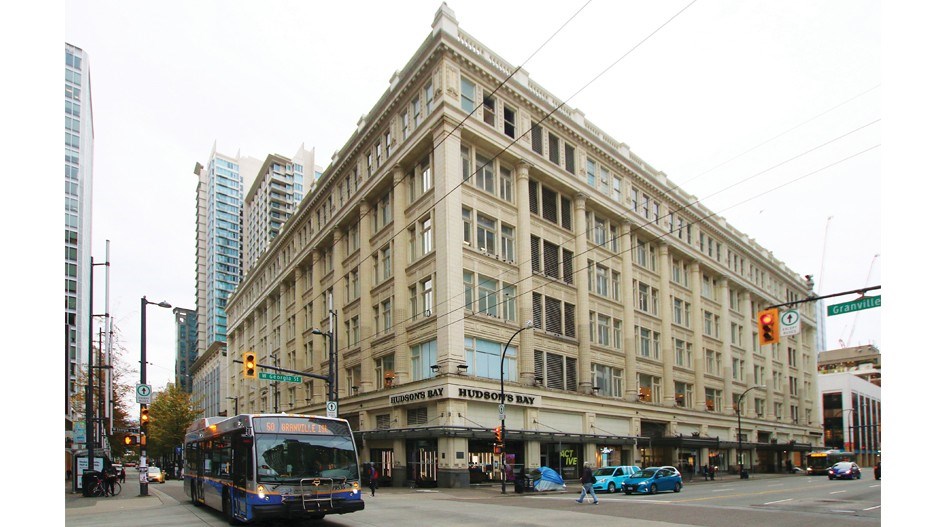Retailers have been affected in wildly different ways during the pandemic, given that their sector is filled with a multitude of components.
What some retailers need to survive could be a damning blow to others, or at least a hit to sales.
Most B.C. retailers, however, would likely be happy to see a return to a thriving economy, where people feel confident to shop in stores either because the threat of COVID-19 has receded or because retailers have sufficient Plexiglas, hand sanitizer and other protective equipment.
If shoppers adopt a newfound wartime-economy attitude that they should buy from local merchants, so much the better.
Some stock market observers divide retailers into two groups, where one set benefits from the work-from-home economy and the other benefits from news about successful COVID-19 vaccine trials.
“If [a business is] selling food and wine, or beer, and the bars are closed, and the restaurants are closed, it’s like shooting fish in a barrel,” Karl Littler, senior vice-president of the Retail Council of Canada told BIV.
E-commerce ventures, he said, similarly reaped huge dividends when bricks-and-mortar competition shuttered either because of government-ordered lockdowns or a sense of duty in helping to prevent the spread of the virus.
Fashion retailers have watched their sales fall off a cliff, although in B.C., those sales in September were slightly up year over year.
Those retailers in B.C. were never ordered to close, but many shut for months anyway, to help keep the pandemic in check.
Perhaps what has hurt some fashion retailers as much as government restrictions, or store closures, however, is a plunge in consumer demand for their products.
Without public events or celebrations and with many employees working from home, demand for ball gowns and tailored suits remains sluggish, Littler said.
Those retailers either need to wait for market conditions to align with their product mix or reconfigure what they sell to align with current market demand, he said.
One other need for many small retailers through much of the pandemic was for the federal government to retool its rent-subsidy program, so that a landlord’s approval was not required for the small retailer to get financial help.
In early October, Prime Minister Justin Trudeau’s Liberal government came through on that front, as it overhauled its rent-relief program so that businesses could apply directly for relief through the Canada Revenue Agency until June 2021.
Small retailers have long highlighted the need for tax relief. During the recent election campaign, Andrew Wilkinson, who stepped down as BC Liberal leader following the party’s poor showing in the October 24 election, called for a change in how BC Assessment determines commercial property values, so that the values would represent the current state of a property and not its highest and best use.
Whether the new BC NDP majority government will make that change remains unclear.
Retail Insider Media owner and analyst Craig Patterson said the BC Liberal promise to eliminate the provincial sales tax in 2021, and then raise it to 3% in 2022 would have helped many retailers because all tax savings would be tied to consumer spending.
The NDP’s promise to provide $500 cheques to low- and middle-income individuals, and $1,000 to low- and middle-income households, may have a similar stimulative effect, he added.
“A real focused effort by everyone to shop local is going to be super important,” Patterson said.
“Across the country, we need ‘We love our city’ messaging. You know – ‘Support our city, be part of it!’ This is an incredible time to localize everything, and make Canada an exciting, interesting place, because there’s a lot of money in Canada, but people often spend it elsewhere.” •




